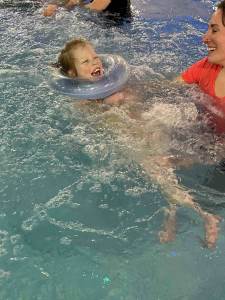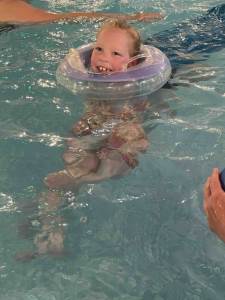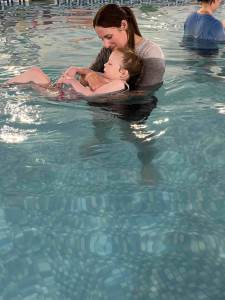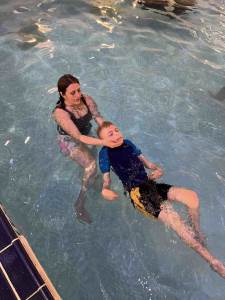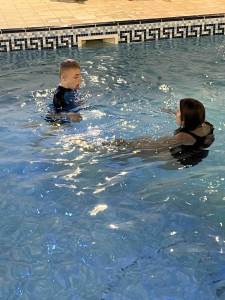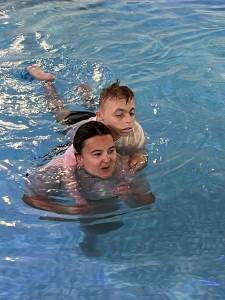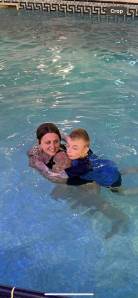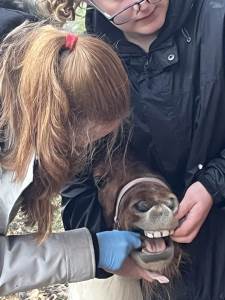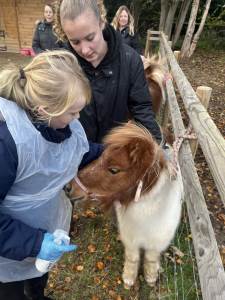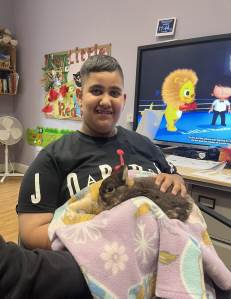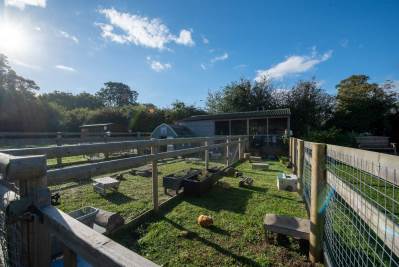Therapies at The Llewellyn
The Llewellyn provides a range of therapies tailored to meet the individual needs of pupils. Our dedicated team works closely with families to develop effective plans in accordance with the Education, Health and Care Plan (EHCP). Each therapy is designed to support the holistic development of our pupils, ensuring they receive the necessary interventions to thrive in their educational journey.
In collaboration with the National Health Service (NHS), we ensure our therapeutic services are of the highest standard. This partnership allows us to integrate health and educational support effectively, creating a comprehensive approach that addresses both academic and emotional well-being. Our commitment to professional excellence guarantees that every student receives personalised attention to help them reach their full potential.
Jaz and Lucy
“We are a very small, intimate therapy team who strive to improve our pupil’s lives on a direct and practical level. It’s a very fulfilling role that we get to be part of everyday which is a privilege”.
Hydrotherapy/Aquatic Based Therapies
Medical evidence shows that water therapy aids those with various medical conditions. Hydrotherapy has been used for musculoskeletal and nuromuscular rehabilitation for over 100 years. It has been shown to improve motor performance in children with muscular dystrophy, cerebral palsy, cystic fibrosis, spina bifida and rett syndrome.
Hydrotherapy is based on the principles of hydrodynamics (buoyancy, hydrostatic pressure, turbulence, and flow) and is thought to provide multiple sensory stimuli through water temperature, weigh relief, and vestibular input.
The properties of the water assist active movement, provide postural support and promote relaxation of muscles, improved circulation, and strengthening, allowing a variety of fundamental motor skills to be performed, relative to an individuals skill level.
Aquatic activities also provide opportunities for social interaction and play, which can facilitate language development and improve self-esteem, self-awareness and a sense of accomplishment.
Swimming
“I witnessed the calming effect the staff provide to all the children which in turn promotes their learning. The staff were familiar to our child they worked at his educational level reducing the lack of frustration of working at too easy or unattainable levels.”
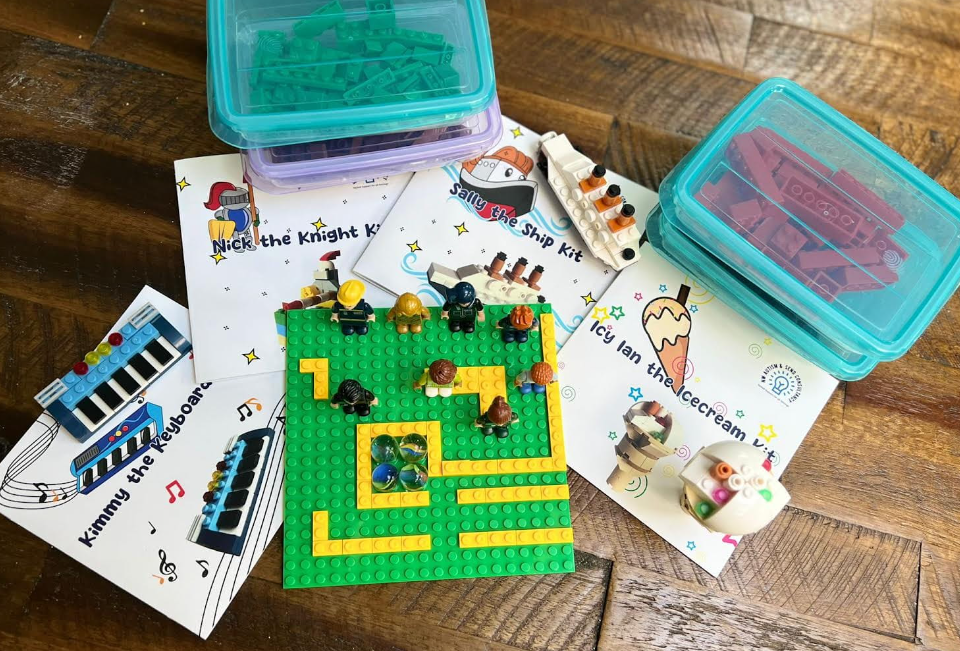
Block Therapy
Block Therapy is used primarily with children to teach skills such as
- Turn taking
- Sharing
- Listening
- Conversation
- Teamwork
- Shared attention
- Problem-solving
Therapy through Music is based on the understanding that all human beings are musical – that is, we all have an innate response to music, this remains unchanged by illness, disability or emotional state. Our music therapist uses musical improvisation informed by therapeutic theories to engage, reach out and support each person, whatever their disability, difficulties or diagnosis.
In music sessions, children and family members can experience music improvised uniquely for and with them. They will have the opportunity to interact and communicate musically and to express themselves in whatever way they can – using their body, voice or percussion instruments. Most of all, they’ll be forming a creative and therapeutic relationship with their peers.
Inspiration Music
There is an understanding that all human beings are musical – that is, we all have an innate response to music, this remains unchanged by illness, disability or emotional state. Our music practitioner uses musical improvisation to engage, reach out and support each person, whatever their disability, difficulties or diagnosis.
In music sessions, pupils can experience music improvised uniquely for and with them. They will have the opportunity to interact and communicate musically and to express themselves in whatever way they can – using their body, voice or percussion instruments. Most of all, they’ll be forming a creative and therapeutic relationship with their peers.


Horse Riding
At The Llewellyn, we are proud to offer exceptional horse riding experiences under the guidance of expert instructors, including Helen from Daffodil Paddock Riding School.
We believe that horse riding is not just a sport but a valuable life skill that fosters confidence, discipline, and a deep connection with these magnificent animals. The simple pleasure of working with horses is the highlight of the pupil’s week, the freedom of movement, gaining confidence, building relationships, receiving life enhancing physiotherapy and achieving individual goals as well as having fun!
Animal Care
Animal Care


